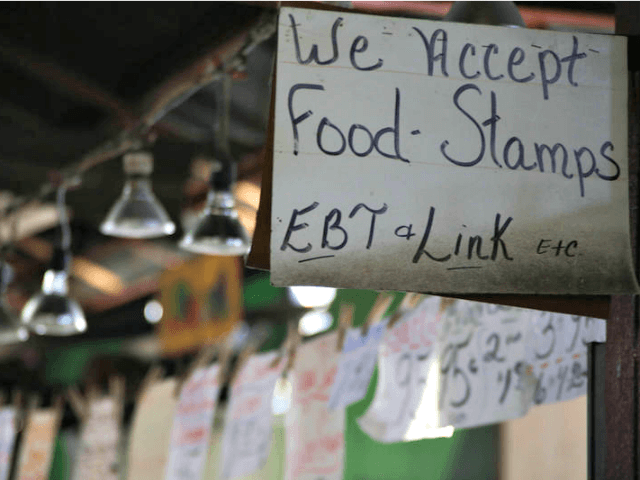Wisconsin Gov. Scott Walker forged ahead with his plan to drug test food stamp recipients Monday after his plan stalled for more than two years.
The plan passed the Republican-controlled state legislature more than two years ago, but it stalled due to conflicts with federal laws banning states from imposing additional requirements for people who wished to receive food stamps.
Florida used to require food stamp recipients to undergo drug testing, but a federal appeals court found the state’s practice to be unconstitutional in 2014 because it violated the Fourth Amendment—which protects citizens against unreasonable searches and seizures.
Walker filed a lawsuit against the federal government in 2015 seeking federal government approval to drug test food stamp users. The lawsuit was thrown out because the Obama administration never formally rejected Wisconsin’s request to allow the testing.
The Wisconsin governor then asked then-President-elect Trump’s administration if drug testing welfare recipients was acceptable, but the fledgling administration did not take action on the request.
Walker, frustrated with the federal government’s inaction on the matter, decided to move ahead with the state’s plan anyway. The governor approved a rule change to allow the drug screenings to take place and sent it to the state legislature Monday.
The state legislature has four months to approve the change before it would go into effect, but lawsuits from those who oppose the drug screenings and challenges from the federal government could delay its implementation for more than a year.
Under the plan, if food stamp recipients test positive for drugs, they are eligible for state-funded rehabilitation treatment if they cannot afford treatment for drug abuse.
Walker has said the program would get people off drugs and back into the workforce drug-free.
Critics of Walker’s plan say that the state should expand access to drug treatment programs instead of wasting state resources on drug testing.
“The state could do far more to expand the workforce by investing in broader access to effective drug treatment programs, rather than spending scarce state resources on the administration of drug screening and testing requirements,” said Jon Peacock, research director for Kids Forward, a Wisconsin advocacy group for children and families.
North Carolina implemented a similar program in 2016 and found that of those welfare applicants tested, 24 percent of them tested positive for illegal drugs.
Federal lawmakers have also introduced legislation that would allow drug testing of food stamp recipients at the federal level.

COMMENTS
Please let us know if you're having issues with commenting.